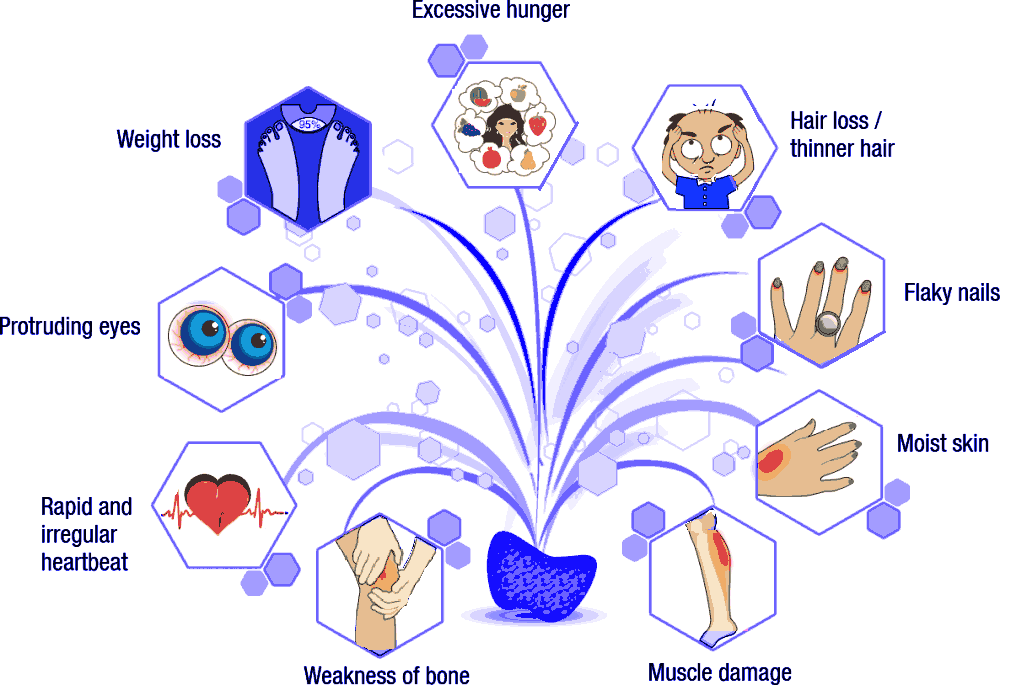Checklist of symptoms that may indicate you are hypothyroid
____ My facial skin looks or feels thinner
____ My muscles feel weak, particularly the upper arms and thighs
____ I am having difficulty getting to sleep or staying asleep
____ I feel fatigued, exhausted all the time
____ I frequently require more than 8 hours of sleep at night
____ I feel better if I am able to take an afternoon nap every day
____ I am unable to tolerate exercise
____ I have less stamina or energy than others
____ My hair is coarse and dry, breaking, brittle, falling out
____ My skin is coarse, dry, scaly, thin
____ My eyebrows are thinning, especially the outer 1/3
____ I frequently struggle with constipation or hard stools
____ I am always colder than others around me
____ I typically wear a sweater, even in the summer
____ I am having more breakouts or acne
____ I have pains, aches in joints, hands and feet
____ I experience numbness or tingling in my hands & fingers
____ I am having irregular periods (women)
____ I am having trouble maintaining erection (men)
____ I am having trouble conceiving a baby
____ I have had one or more miscarriages
____ I feel depressed most of the time
____ I feel restless, or anxious
____ I have puffiness and swelling around the eyes and face
____ My moods change easily
____ I have difficulty concentrating or focusing
____ I have more feelings of sadness
____ I seem to be losing interest in normal daily activities
____ I’m more forgetful lately
____ My hair is falling out
____ I can’t seem to remember things
____ I have no sex drive
____ I am getting more frequent infections, that last longer
____ My eyes feel gritty and dry
____ My eyes feel sensitive to light
____ I am having difficulty swallowing or feeling a lump in my throat
____ I have a hoarse or gravely voice
____ I have tinnitus (ringing in ears)
____ I feel some lightheadedness or dizziness
____ I have severe menstrual cramps

The symptoms of hypothyroidism are often subtle. They are not specific (which means they can mimic the symptoms of many other conditions) and are often attributed to aging. Patients with mild hypothyroidism may have no signs or symptoms. The symptoms generally become more obvious as the condition worsens and the majority of these complaints are related to a metabolic slowing of the body. Common symptoms are listed below:
· Fatigue
· Depression
· Modest weight gain
· Cold intolerance
· Excessive sleepiness
· Dry, coarse hair
· Constipation
· Dry skin
· Muscle cramps
· Increased cholesterol levels
· Decreased concentration
· Vague aches and harmonal problemss
· Swelling of the legs
As the disease becomes more severe, there may be puffiness around the eyes, a slowing of the heart rate, a drop in body temperature, and heart failure. In its most profound form, severe hypothyroidism may lead to a life-threatening coma (myxedema coma). In a severely hypothyroid individual, a my edema tends to be triggered by severe illness, surgery, stress, or traumatic injury. This condition requires hospitalization and immediate treatment with thyroid hormones given by injection.
Properly diagnosed, hypothyroidism can be easily and completely treated with thyroid hormone replacement. On the other hand, untreated hypothyroidism can lead to an enlarged heart (cardiomyopathy), worsening heart failure, and an accumulation of fluid around the lungs (pleural effusion